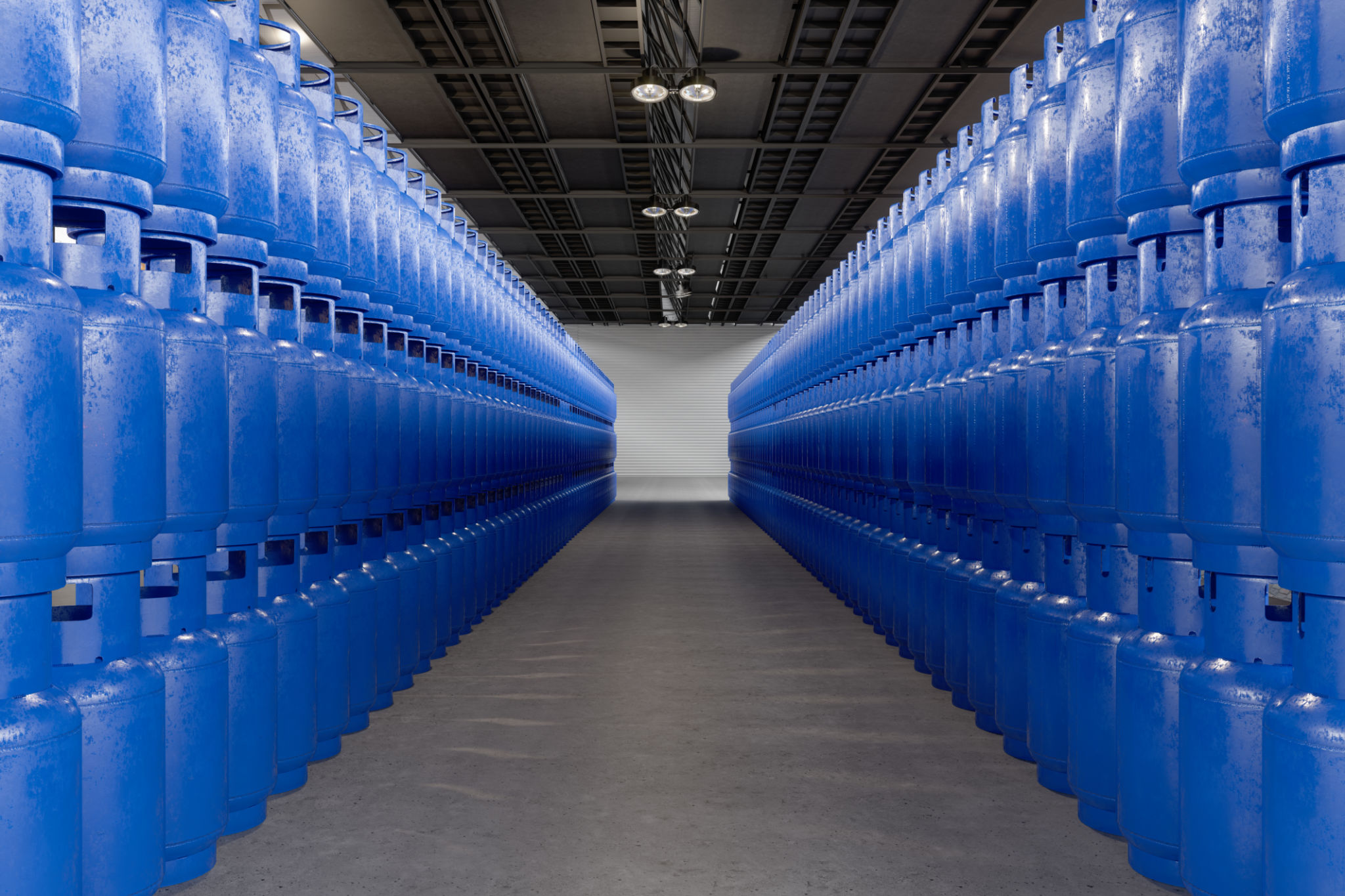Expert Tips for Safe Handling and Storage of Industrial Gases
Understanding Industrial Gases
Industrial gases are essential in various sectors, including manufacturing, healthcare, and research. These gases, such as oxygen, nitrogen, and hydrogen, are used for processes ranging from welding to medical applications. However, the handling and storage of these gases require strict adherence to safety protocols to prevent accidents and ensure a safe working environment.

Proper Handling Practices
When handling industrial gases, it is crucial to follow specific guidelines to minimize risks. Always ensure that you are using the appropriate personal protective equipment (PPE), such as gloves and goggles. Before using any gas cylinder, inspect it for leaks or damages. A simple leak detection method involves applying a soapy water solution to the valve and connections and watching for bubble formation.
Moreover, proper training is essential. Employees must be thoroughly trained on how to handle different types of gases safely. This includes understanding the properties of each gas, such as flammability or toxicity, and knowing the emergency procedures in case of an accidental release.
Storage Safety Measures
Storing industrial gases safely is as important as handling them properly. Gas cylinders should be stored upright and secured with a chain or strap to prevent them from falling over. It is vital to keep cylinders in a well-ventilated area away from direct sunlight or heat sources, which could cause pressure buildup within the cylinder.

Additionally, different gases should be stored separately to avoid hazardous reactions. For instance, oxidizing gases should be kept away from flammable gases. Clearly label storage areas and ensure that all personnel are aware of the locations of emergency shut-off valves and fire extinguishers.
Regular Maintenance and Inspection
Regular maintenance and inspection of gas cylinders and storage areas are necessary to maintain safety. Conduct routine checks for signs of corrosion, wear, or other damage that could compromise cylinder integrity. Replace or repair any damaged equipment promptly.
Implementing a documented inspection schedule can help ensure that checks are consistently carried out. This proactive approach allows for early detection of potential issues, minimizing the risk of accidents related to industrial gases.

Emergency Preparedness
Despite best efforts in handling and storage, emergencies can still occur. Being prepared for such situations is crucial. Develop a comprehensive emergency response plan that includes evacuation procedures, communication protocols, and first-aid measures. Conduct regular drills to ensure that all employees are familiar with the steps they need to take in an emergency.
In addition, ensure that emergency equipment such as eyewash stations, fire extinguishers, and first-aid kits are readily accessible and regularly checked for functionality. Having these measures in place enhances safety and can significantly reduce the impact of an industrial gas incident.
Conclusion
Safe handling and storage of industrial gases are vital components of maintaining a secure workplace. By following expert tips on handling practices, storage safety measures, regular maintenance, and emergency preparedness, businesses can prevent accidents and protect their workforce. Prioritizing safety not only ensures compliance with regulations but also fosters a culture of responsibility and care within the organization.
